Winter can bring some harsh weather in its wake, but you can prepare for it so that you and your family aren’t caught by surprise.
There’s no way that this list is going to be conclusive, so we’re using it as a starter list to help get your brain thinking “winter.” Since this is a list that’s going to change by region and by situation, please feel free to add to the list in the comments section below.
Maintain Sanitation
The importance of personal hygiene and compound sanitation simply can’t be overstated. You can protect yourself from invading people, animals, or even zombies if that’s your particular scenario but if you let killer bugs in, you’re done. As a matter of fact, many survivalists are convinced that disease will be the downfall of the majority of SHTF survivors.
Especially in winter, when everybody is going to be living in close quarters, you need to maintain extremely high sanitation standards.
Frequent hand-washing is paramount to sanitation but so are the following:
- Maintaining adequate distance between waste areas and food and water supplies
- Adequately sanitizing your water before you drink it
- Ensuring that new arrivals or strangers passing through follow your hygiene laws
- Maintaining the sanitation of cooking and eating vessels and utensils
This is a cursory list and we’re sure that we’ve left things off, but our goal is to get you focused on the killers that you CAN’T see as well as the ones that you can. It’s much easier to avoid disease than try to get rid of it once it strikes.
Canning and Storing Enough Food Properly
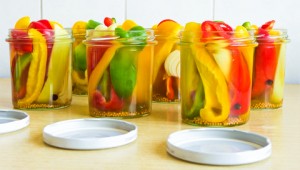
Note that we stated that it needs to be stored properly. If you’re canning, make sure that the food seals properly because if it doesn’t, it won’t be edible and can make you sick or even kill you. If you’re drying food, make sure that it’s completely dry and free of mold before you eat it for the same reasons.
Check your canned and stored foods regularly for spoilage because there would be nothing more disastrous in a SHTF scenario than to find out too late that you didn’t store it properly.
Include Winter Items in Your BOB and in your Home
There’s no guarantee that disaster is going to strike in the summer or that it’s only going to last a short time so if you live in a place that gets cold, don’t forget to throw in a couple of extra space blankets, extra warm socks, boots, a heavy coat, gloves, a warm hat, and maybe some long underwear. Extra matches may not be a bad idea, either since you’ll want a fire for heat if possible.
Just like with your food, check your winter supply items regularly to make sure that they still fit and that they are in good repair. If you’ve put on a few pounds or have growing kids, make sure that you check sizes once a month or so. Including sizes on your checklist will keep you from unpacking your bag each time.
Firewood
Yes, this seems logical but there’s a bit more to firewood than just sticking a few cords away for a rainy day. For one, don’t use pine if you’re using an indoor fireplace. The sap in it will gum up your chimney and help you burn your house down. Not exactly the goal that you’re shooting for. Oak, hickory, walnut, maple, ash and poplar are all good choices, with the first few being the densest.
To burn properly, wood needs to be at about 20% moisture, so chopping down a tree and dragging it inside when you’re freezing isn’t going to work for you. It takes months for wood to dry to this state but splitting it will hasten the process for you. It will also make the wood more manageable when you’re carrying it, burning it, or stacking it.
Finally, don’t forget that wood rots and rotten wood burns quickly. Rotate your woodpile just as you do your rations. Oh, and don’t forget to store kindling, too.
Like we said in the beginning, these are just a few basic, beginner tips to help you get your thinking cap on. Another consideration that may be a factor is that in a SHTF situation, not everybody is going to be honest. Keep your food and wood supplies in a defensible location, preferably out of site.
Now what do you all have to add?
This article has been written by Theresa Crouse for Survivopedia.


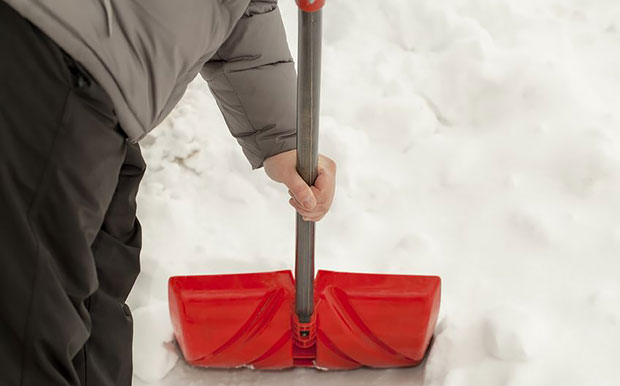
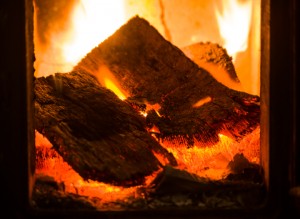

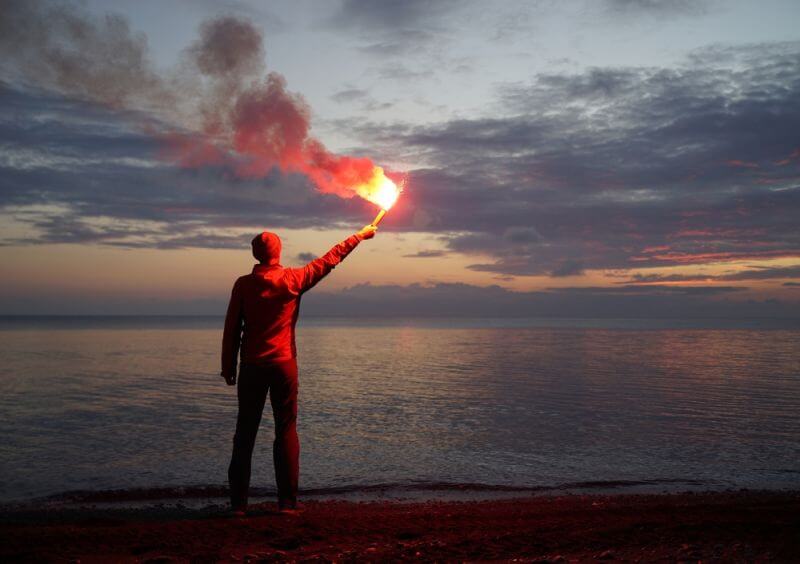
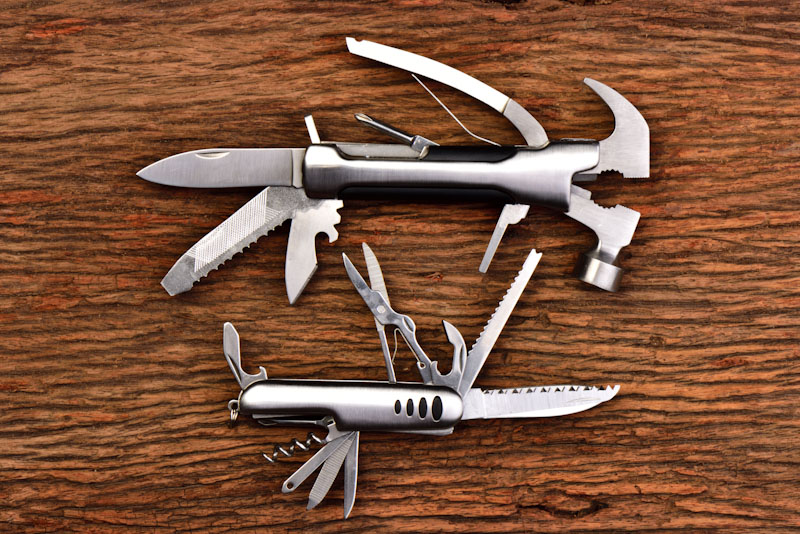
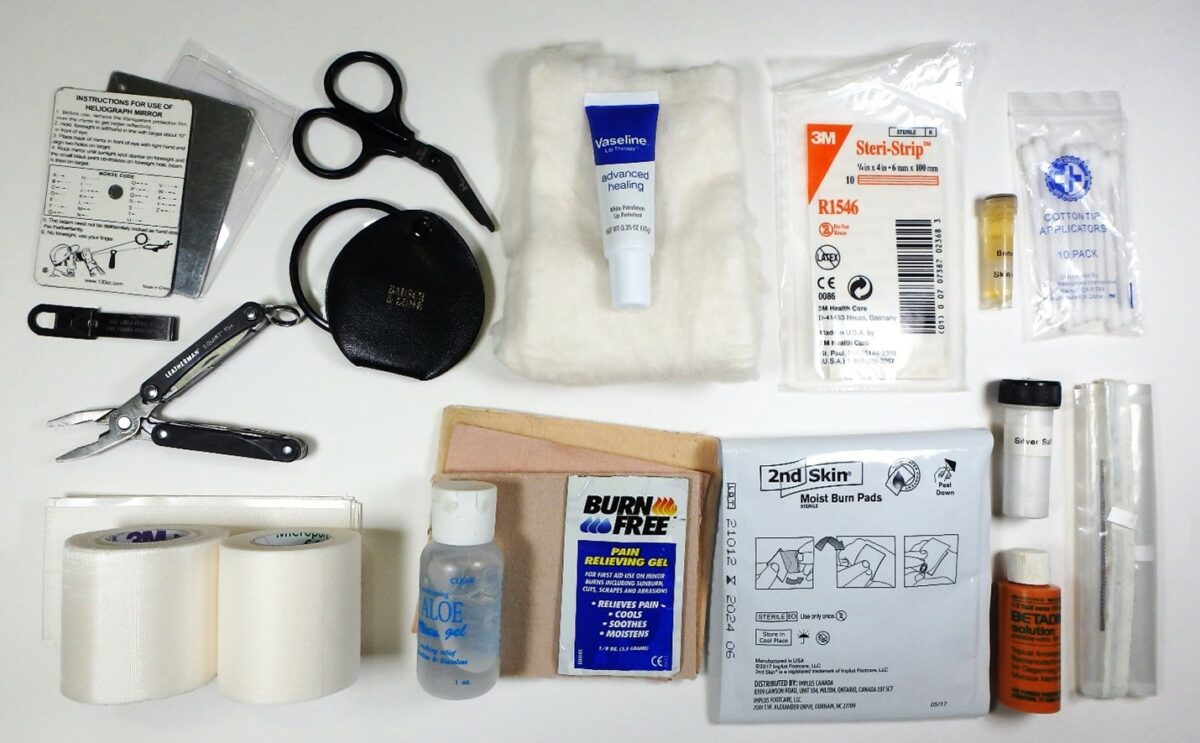

Pingback:Winter Survival: How To Build A Snow Shelter | Survivopedia | December 8, 2017
|